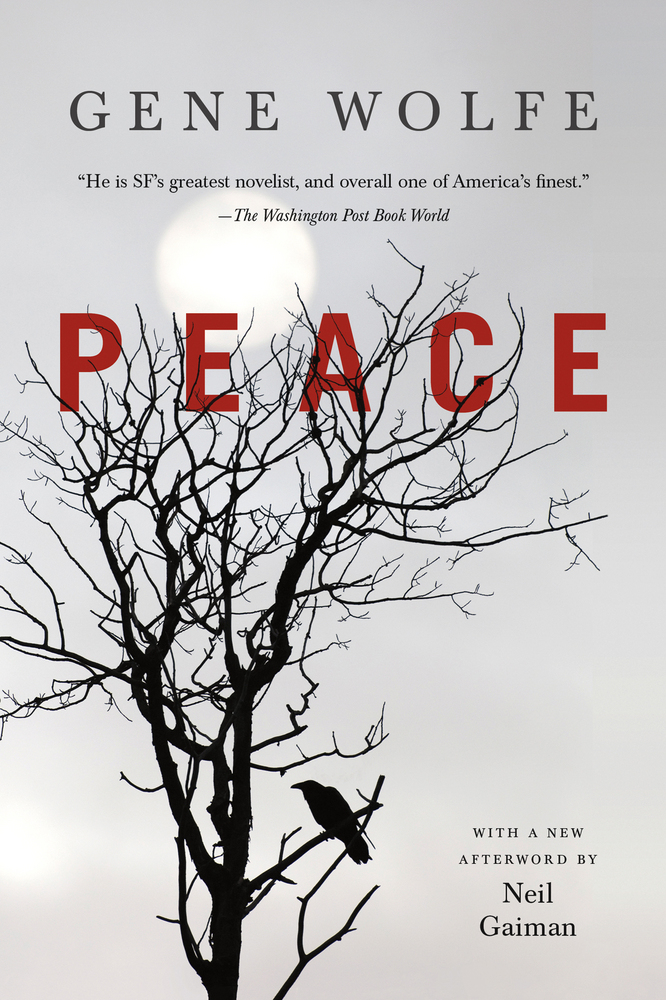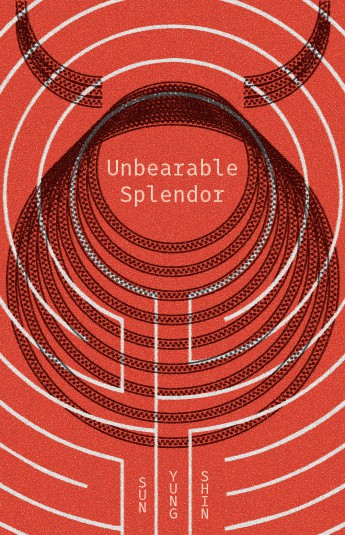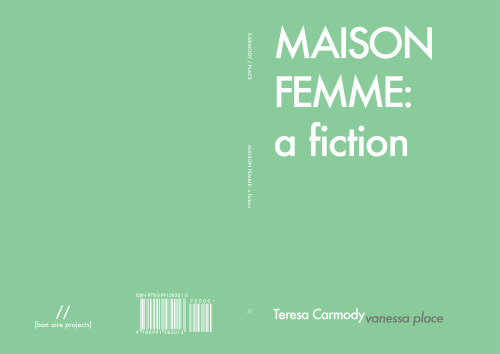 Like, I suspect, many people, I could not sleep the night of the election. Although isn’t “I couldn’t sleep last night” almost always an exaggeration? Making the claim, one thinks back; aren’t there moments one doesn’t remember from the night before? Aren’t those lost moments signs of sleep? Imagine me sleeping fitfully, then, or perhaps in a state not quite fully asleep and not yet fully awake, my eyes closed but my mind occupied—not with dreams, not with nightmares, but with worries. It would be inaccurate, then, to say that I “awoke determined”—I could not wake if I had not slept—and yet I had a feeling that I think is commonly referred to by writers of prose more popular than I as “awoke determined.” (It is common, this turn of phrase, isn’t it? Perhaps you’ve seen it used, too? Some character in turmoil, awaking determined? (I cannot be as alone as I feel, surely. Not in this, too.)) That is, I had a strong feeling I ought to do . . . something. Being the person I know myself to be (i.e.: craven, woefully unimaginative, and generally small-minded), I had, as yet, very little idea of what it is I ought to do, and so, because my professional efforts to this point in my life have mostly involved writing things, what I did that morning was to start writing something.
Like, I suspect, many people, I could not sleep the night of the election. Although isn’t “I couldn’t sleep last night” almost always an exaggeration? Making the claim, one thinks back; aren’t there moments one doesn’t remember from the night before? Aren’t those lost moments signs of sleep? Imagine me sleeping fitfully, then, or perhaps in a state not quite fully asleep and not yet fully awake, my eyes closed but my mind occupied—not with dreams, not with nightmares, but with worries. It would be inaccurate, then, to say that I “awoke determined”—I could not wake if I had not slept—and yet I had a feeling that I think is commonly referred to by writers of prose more popular than I as “awoke determined.” (It is common, this turn of phrase, isn’t it? Perhaps you’ve seen it used, too? Some character in turmoil, awaking determined? (I cannot be as alone as I feel, surely. Not in this, too.)) That is, I had a strong feeling I ought to do . . . something. Being the person I know myself to be (i.e.: craven, woefully unimaginative, and generally small-minded), I had, as yet, very little idea of what it is I ought to do, and so, because my professional efforts to this point in my life have mostly involved writing things, what I did that morning was to start writing something.
Now, because I spend a good bit of my writing time reading, for me, to “start writing something” meant to start reading things I would not otherwise read (think: newspapers from one hundred years ago) by way of research. Most of my reading time is thus, unfortunately, spoken for, but because I suppose newspapers from 1920-1924 are no less uninteresting to you, dear reader, than they were to me before I began, I will not mention them further here. (And why have I mentioned the election and my sleeplessness anyway?) Instead, here are the books my better self is reading at the moment, that is, the books I am reading when time allows, or when my despair is so great that to read something that does not immediately induce daydreaming boredom seems the only healthy thing to do:
 E.M. Cioran’s The Trouble with Being Born: “What other people do we always feel we could do better. Unfortunately we do not have the same feeling about what we ourselves do.” Also: “Strictly speaking, history does not repeat itself, but since the illusions man is capable of are limited in number, they always return in another disguise, thereby giving some ultradecrepit filth a look of novelty and a tragic glaze.”
E.M. Cioran’s The Trouble with Being Born: “What other people do we always feel we could do better. Unfortunately we do not have the same feeling about what we ourselves do.” Also: “Strictly speaking, history does not repeat itself, but since the illusions man is capable of are limited in number, they always return in another disguise, thereby giving some ultradecrepit filth a look of novelty and a tragic glaze.”
Gene Wolfe’s Peace: Every time I read Gene Wolfe, I think I ought to read more Gene Wolfe. I’ve only just started this one, but, look: “At dinner I noticed (that is to say, in all of this, I think, I believe in some sense much akin to the belief of faith, that I noticed, felt, or underwent what I describe—but it may be that the only reason childhood memories act on us so strongly is that, being the most remote we possess, they are the worst remembered and so offer the least resistance to that process by which we mold them nearer and nearer to an ideal which is fundamentally artistic, or at least nonfactual; so it may be that some of these events I describe never occurred at all, but only should have, and that others had not the shades and flavors—for example, of jealousy or antiquity or shame—that I have later unconsciously chosen to give them) that through my grandfather called Mrs. Crawford Mab, which I felt sure was what he always called her, she called him Mr. Elliott; and that this was new between them, that she valued herself on using it and felt herself to be humbling herself in a noble cause—an emotion that in those days, when it was discussed among adults, always evoked the phrase ‘Bible Christian.'”
 John McPhee’s Annals of the Former World: Like the Cioran, I started this back in May or June and, because of a very busy year, I haven’t had much time to return to it (or to any book I was not teaching). It is fascinating and wonderful and occasionally unreadable, and I have no idea if or when I will ever finish it.
John McPhee’s Annals of the Former World: Like the Cioran, I started this back in May or June and, because of a very busy year, I haven’t had much time to return to it (or to any book I was not teaching). It is fascinating and wonderful and occasionally unreadable, and I have no idea if or when I will ever finish it.
Sun Yung Shin’s Unbearable Splendor: Poet/identity as guest, as ghost, as clone, as black hole, as uncanny valley, as unheimlich, as machine. Unexcerptable “poetry-as-essay.”
I’m also hoping to make some time to read Edouard Levé’s Works and Teresa Carmody’s Maison Femme before the spring semester starts.